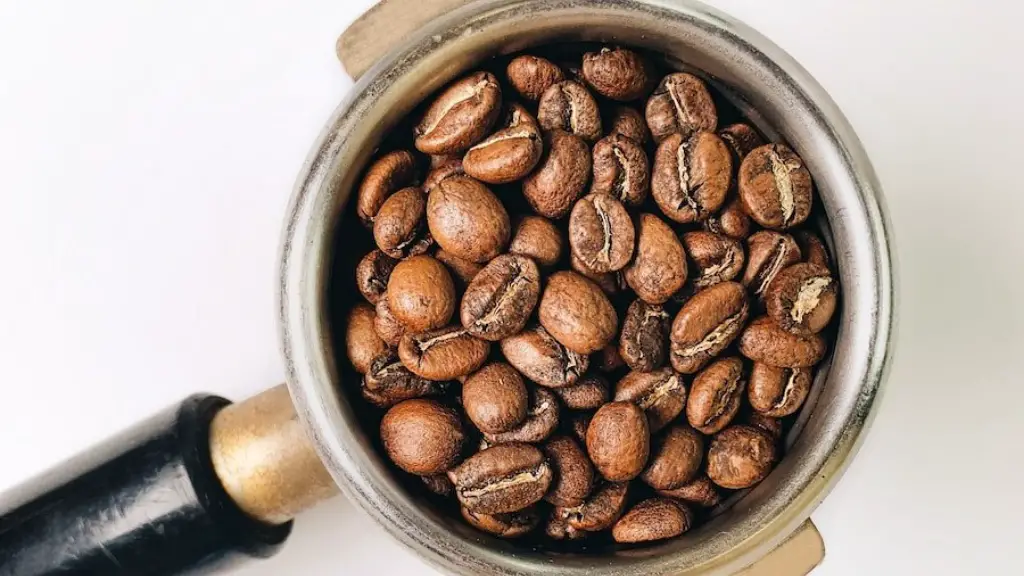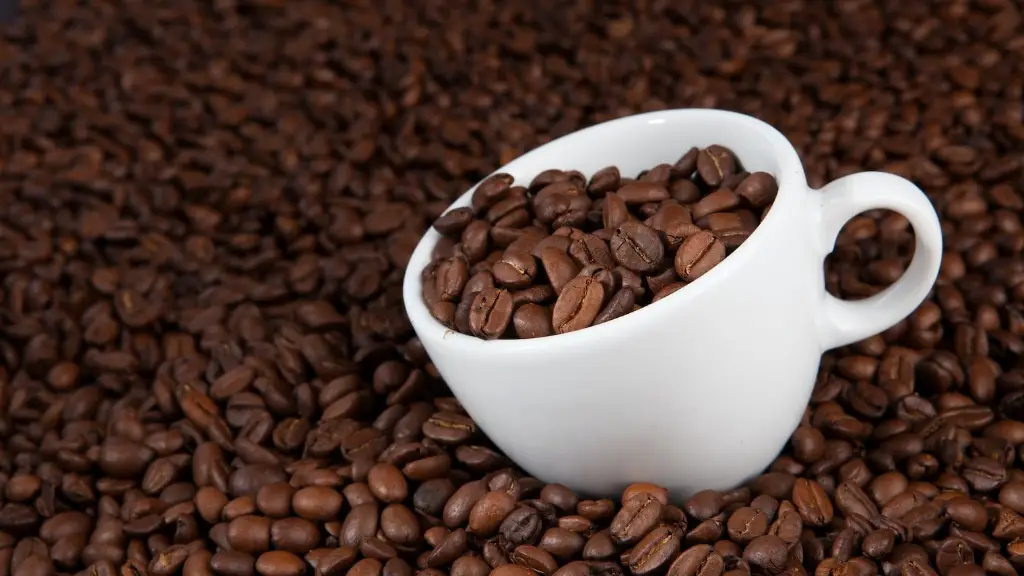Intermittent fasting has become increasingly popular in recent times. It is a form of dieting which involves eating within a specific window of time, limiting the amount of time that you have to eat food. There is a lot of debate over whether or not it is necessary to drink black coffee while intermittent fasting. Here we will take a look at the pros and cons of drinking this type of coffee while on an intermittent fasting plan.
One of the main advantages of drinking black coffee while intermittent fasting is that it can help to suppress appetite. This is because coffee is a diuretic, so it increases the production of urine. This makes it easier for the body to rid itself of excess water and fat, which can help with weight loss. In addition, caffeine has been shown to reduce hunger and increase energy levels, which can both help with maintaining an intermittent fasting program.
However, some experts believe that drinking black coffee while intermittent fasting can have a few drawbacks. Caffeine can be very addictive and consuming too much can make it difficult to stay within the parameters of your fasting window. Additionally, drinking coffee has diuretic effects, meaning you may become dehydrated and risk feeling fatigued or weak. It is also important to note that drinking too much coffee can have negative impacts on your metabolism and overall health.
Another potential issue when drinking black coffee while intermittent fasting is that it can lead to dehydration. Because coffee is a diuretic, it increases the body’s production of urine and can cause the body to get rid of important electrolytes. Dehydration can lead to fatigue and make it difficult to stay within the constraints of an intermittent fasting plan. It may also be difficult to get enough of the beneficial antioxidants in black coffee if you are drinking it too frequently.
Overall, it is important to consider the pros and cons of drinking black coffee while intermittent fasting. While it can help to suppress appetite and provide some short-term energy, it is important to consume it in moderation to avoid dehydration and other negative health effects. It is best to check with your doctor or nutritionist to determine what is right for your specific health and fitness needs.
Factors to Consider when Choosing to Drink Coffee While Intermittent Fasting
When choosing to drink black coffee while intermittent fasting, it’s important to consider various factors such as the amount of caffeine, the type of coffee (e.g. decaffeinated or regular) and the frequency of consumption. It is also essential to keep in mind the effect of caffeine on the body and how this can influence the effectiveness of the fasting plan.
Caffeine is a natural stimulant which has a variety of effects on the body. It can stimulate the central nervous system, increase alertness and concentration, and also cause an increase in heart rate and blood pressure. Therefore, it is important to be aware of the potential negative impacts of drinking too much coffee while intermittent fasting, such as dehydration, insomnia, and jitters.
The type of black coffee you consume while intermittent fasting can also have an impact on the effectiveness of the diet. Decaffeinated coffee may be the better choice as it has less caffeine and won’t affect your sleep as much as regular coffee. Additionally, decaffeinated coffee is usually less acidic, making it easier on the stomach and intestines.
It is also important to consider the frequency of consumption when deciding to drink black coffee while intermittent fasting. Although caffeine can be beneficial in the short-term, it is important to not overdo it as the effects of caffeine can linger for hours after consumption. Therefore, it is important to drink coffee in moderation to avoid dehydration and other negative impacts.
Potential Benefits of Drinking Coffee in Moderation
Despite some of the drawbacks of drinking black coffee while intermittent fasting, there are also potential benefits. Caffeine can provide a boost of energy, allowing you to stay alert while fasting. Additionally, consuming coffee in moderation may help to support overall health. Studies have found that drinking coffee can help to reduce the risk of some chronic conditions, while also providing antioxidants which have been linked to improved immunity.
It is important to note, however, that drinking coffee in moderation is key when intermittent fasting. Consuming too much caffeine can lead to negative impacts such as dehydration, insomnia, and jitters. Therefore, it is essential to ensure that you are consuming enough water throughout the day to counteract the diuretic effects of the coffee.
In addition, it is important to be mindful of how your body is responding to drinking coffee while intermittent fasting. If you are feeling jittery or uncomfortable, it may be best to cut back on the amount or frequency of coffee or switch to decaffeinated alternatives.
Food Alternatives to Coffee
In addition to drinking coffee while intermittent fasting, it is important to consider the various other food alternatives that can be beneficial. For example, green tea has been found to have a variety of benefits, including providing antioxidants and helping to support weight loss. Additionally, other herbal teas such as peppermint and chamomile can help to reduce stress, calm the body, and provide essential vitamins and minerals.
Coconut water is another alternative to coffee which has a variety of benefits. It contains electrolytes to help restore balance and hydrate the body, as well as being rich in various vitamins and minerals such as calcium, magnesium, and potassium. Additionally, unprocessed honey can be a good alternative to sweetening coffee as it is much healthier and won’t lead to the same sugar spikes that processed sugar can.
What You Should Avoid while Intermittent Fasting
As well as taking into consideration the food alternatives, it is also important to be aware of what to avoid while intermittent fasting. Processed foods, sugary beverages and alcohol should be avoided whenever possible as they can have negative impacts on health and hinder weight loss progress. Alcohol, in particular, should be avoided as it can worsen dehydration and lead to disrupted sleep.
Overall, intermittent fasting can be a great way to kick start weight loss and lead to a healthier lifestyle. When it comes to drinking coffee while intermittent fasting, it is important to be aware of the potential drawbacks, as well as the potential benefits. However, if you drink in moderation and ensure that you are hydrated, consuming black coffee may be a beneficial addition to your intermittent fasting plan.
Adopting a Healthy Diet During Intermittent Fasting
Maintaining a healthy diet is essential when intermittent fasting. This means consuming a variety of whole foods such as vegetables, fruits, and lean proteins. It is important to ensure that you are choosing foods that are rich in nutrients, as these will help to support the body’s overall health and provide the necessary energy to complete fasting periods successfully.
In addition, consuming fiber-rich foods can be beneficial during intermittent fasting as they help to promote healthy digestion and can support long-term satiety. Consuming a diet that is rich in nutrients can also help to reduce cravings, as nutrient-rich foods are often more fulfilling and require more energy to digest.
Finally, it is important to ensure that your diet contains adequate amounts of water. Dehydration can lead to a variety of health issues and can make it difficult to maintain an intermittent fasting plan. Consuming plenty of clean, filtered water can help to ensure that your body is getting the hydration it needs and can help support other health and fitness goals.
Ensuring Adequate Sleep During Intermittent Fasting
Sleep is essential for overall health and is especially important when completing an intermittent fasting plan. A lack of sleep can cause fatigue, impairs concentration and can lead to overeating. Adequate sleep helps to restore the body’s energy and can help to maintain a healthy weight.
Incorporating relaxation techniques such as meditation and yoga into your daily routine can help to promote quality sleep. Additionally, avoiding caffeine late in the day and refraining from screens before bed can also help to promote a peaceful night’s rest. Ensuring that you are getting sufficient sleep is key to successfully completing an intermittent fasting program.
Conclusion
In conclusion, intermittent fasting can be an effective way to kick-start weight loss and lead to a healthier lifestyle. Deciding to drink coffee while intermittent fasting is an individual choice and it is important to consider the pros and cons before beginning a plan. Additionally, it is essential to ensure that you are consuming a balanced diet, getting adequate sleep and staying hydrated throughout the fasting period.





